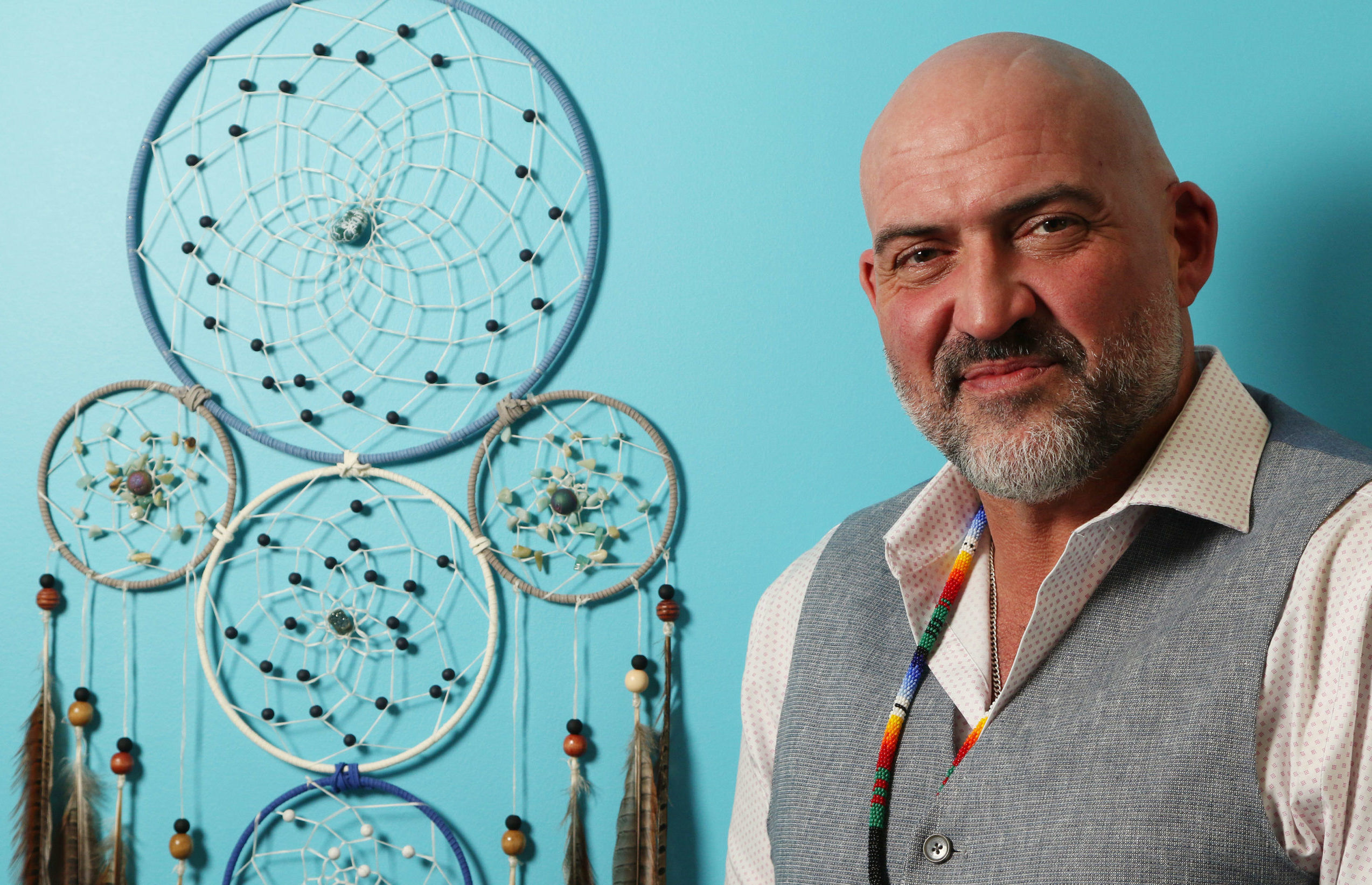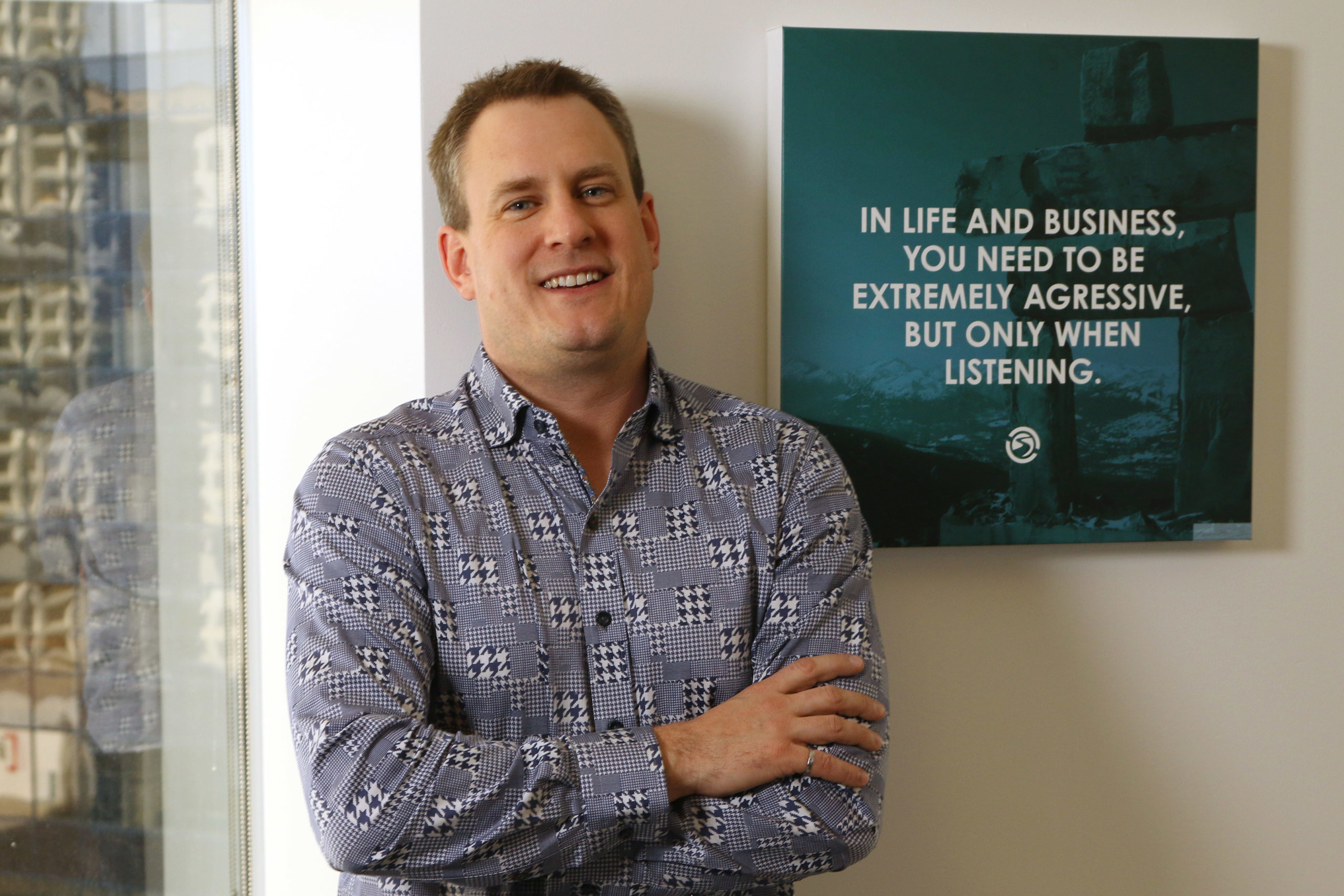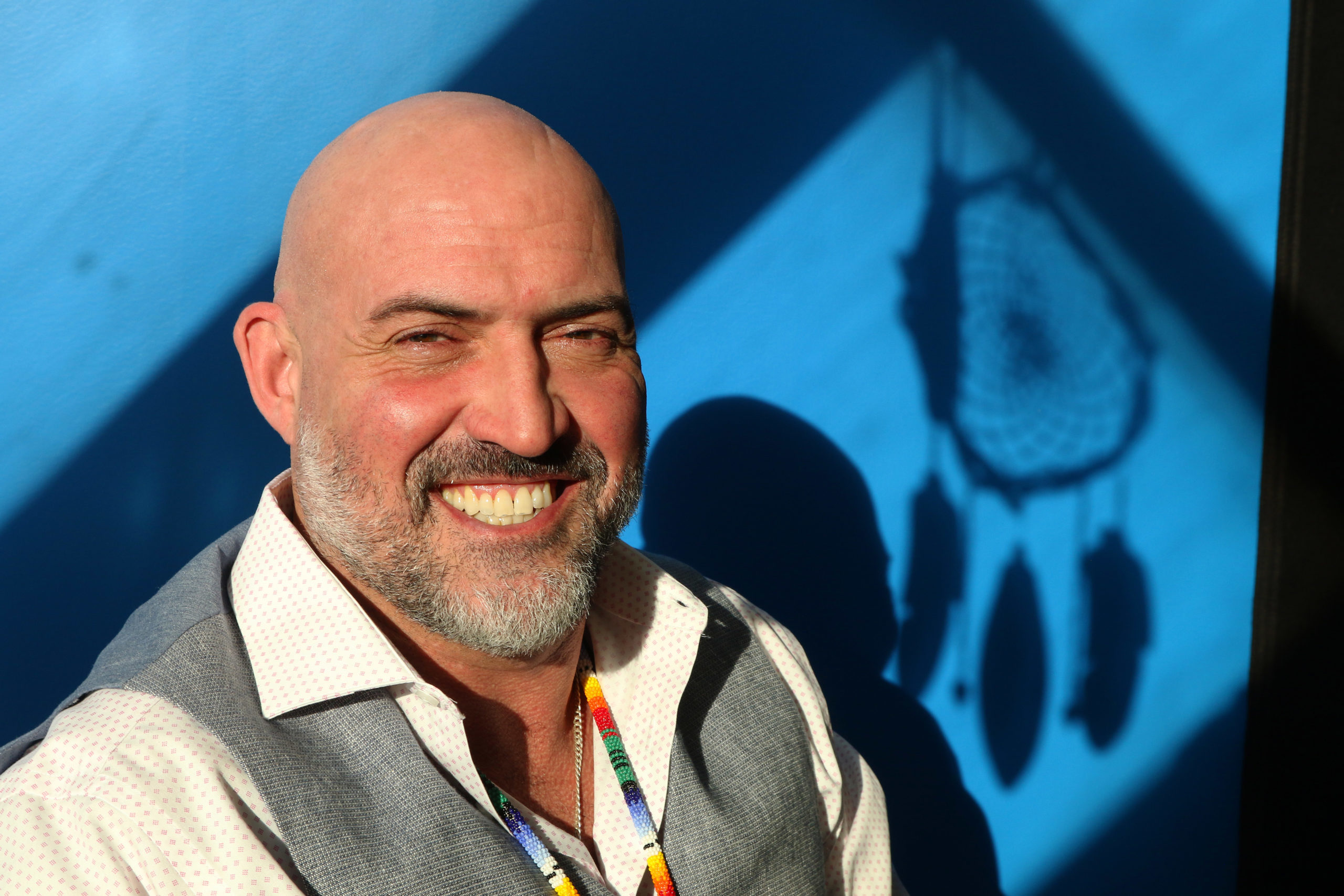
It’s been something of a whirlwind for Calgary-based Steel River Group since the Indigenous-owned pipeline and construction company charged off the starting line three years ago.
Between 2017-2019, the group of companies — Steel River Solutions, Steel River Energy Services, and Steel River Equipment — enjoyed an 8,662 per cent increase in revenue growth, which now generates $50 million to $100 million a year.
That explosive growth recently earned the company, and its co-founders Trent Fequet and Nick Pentelichuk, recognition by Canadian Business magazine as the country’s fastest growing start-up.
“I nearly stopped answering Trent’s calls when he wanted to start Steel River, but decided to take this risk with him, and I’m glad I did,” says Pentelichuk, who leads Steel River Solutions.

Fequet, Steel River Group’s president and CEO, said the secret to the company’s success is actually quite simple – it’s about the people.
“Our people have given us this opportunity to grow at this pace,” says Fequet, whose philosophy boils down to “people first, revenue later.”
Steel River Group’s reach now stretches across three provinces with eight Indigenous partner communities, representing an impressive cross-section of the Indigenous identity in Canada including First Nations, Métis, and non-Status communities in British Columbia, Alberta, and Manitoba.
The company’s approach to business honours the unique culture, history, values, and beliefs of all Indigenous communities, and it honours the unique qualities and culture of each of its Indigenous partners, in what is describe as Steel River’s “Ecosystem Model.”
“Our ecosystem model seeks out a values-based approach [to] business opportunity between us, our alliance partners, and Indigenous partners and in practice represents something different in each community we partner with,” says Fequet.
The journey that took Fequet from the rocky shores of Eastern Quebec, across the Gulf of St. Lawrence from Newfoundland, to a corporate office in Calgary was far from a straight line.
“We grew up living off the land where eight per cent of what we ate was seafood, moose, and salmon,” say Fequet who calls the village of Pakuashipi home. “It was very remote. So remote that we had to move to finish high school.”

He calls the Innu community “the most beautiful place in Canada,” not for the more conventional reasons , but for the cultural mosaic represented there. “There’s the Métis, the Inuit, the Innu, First Nations, and non-Indigenous people,” he says.
Fequet began his career in some of the most remote locations in Canada. Through Nunavut, the Northwest Territories, and eventually the Yukon he blazed a path of experience and learning through mining and heavy industrial construction, which eventually landed him at Surerus Murphy, a pipeline construction company based in Calgary.
But being a risk taker at heart, Fequet decided it was time to use his knowledge and experience to build his own legacy.
In building Steel River, nothing illustrates Fequet’s comfort with risk taking more than how he changed absolutely every traditional business process, strategy, and model to align with his — and now Steel River’s — values, beliefs, and culture, using his experience as a basis for why he saw this as necessary. He did not ask for permission, or even sought proof that this redesign would work — he just did it.
Steel River Group is currently preparing to launch a new addition into its fold with a consultation group aimed at complementing the organization’s existing companies. The consultation arm is built through an Indigenous perspective that acknowledges and proposes a solution to the shortfalls of the current regulatory and legal consultation process.
As well, the company recently launched its People-Public-Private Partnership (P4) model, which aims to address the single largest barrier to Indigenous prosperity – access to capital, within a collaborative and supportive environment across stakeholder groups.
Fequet says he wants to use the achievements of Steel River Group to effect change within Indigenous communities, focusing on the individual as the most powerful change agent, which for Fequet is more than a business strategy, but a core part being an Indigenous leader in energy and business.